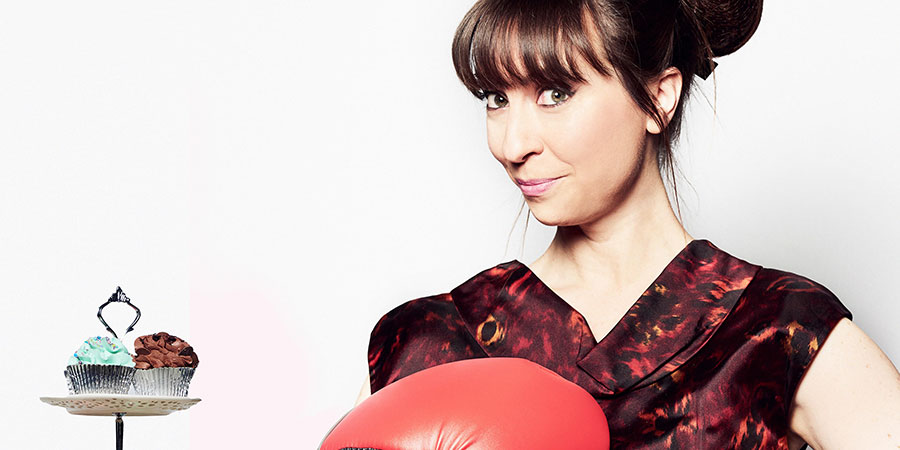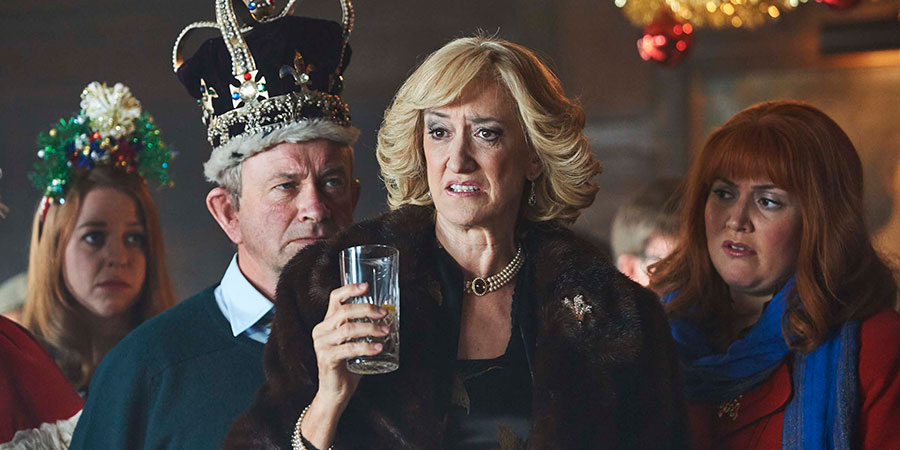Is comedy becoming more polite?

Wannabe comedian Boris Johnson has unwittingly sparked a discussion about freedom of expression in comedy, since actual comedian and genius Rowan Atkinson came to his defence in the burka row. I won't wade into that debate other than to say I respectfully disagree with Rowan Atkinson on whether Boris Johnson's comment qualifies as a 'good joke', but of course comedy is subjective.
But is British comedy, in general, becoming more polite? Are we self-censoring around the rougher, ruder edges? In live comedy, there's certainly been a gradual change in the culture over the years, away from the smoke-filled basement where an angry man exchanges insults with a drunk heckler, to the vape-filled basement where a thoughtful comedian (male, female or non-binary) does a sort-of TED Talk with jokes. Does that mean something is being lost from comedy, or gained?
As a TV comedy producer who's recently started writing and performing stand-up (like Howard Cohen, who wrote engagingly about that experience for this site recently), I've found this change of role involves setting aside self-effacing diplomacy for attention-seeking frankness. Maybe that's why I'm doing it. It's no coincidence that my debut hour as a writer-performer is on the subject of politeness, and how to overcome it.
But no comedy show, even one about politeness, is ever an entirely courteous affair. Because doing stand-up is pretty ill-mannered, when you think about it. It's the ultimate form of dominating the conversation. If you did it at a dinner party, people would consider it rude. I've found they get particularly incensed when you drop your microphone in their soufflé.
Hannah Gadsby's groundbreaking show Nanette (now a Netflix special) can be seen as part of a wider cultural change in comedy, as its message is a plea for tolerance and respect. But the way that message is delivered is anything but polite. And Sofie Hagen, who makes her shows a safe space for her audiences, doesn't limit herself to 'safe' subjects.
In British TV comedy, I struggle to think of a show, past or present, that I'd call polite. Humour so often comes from characters breaking social convention, not observing it. And it's always been important for TV satire, in particular, to be able to be rude. To poke fun at the powerful. The end of deference wasn't just a good thing for democracy. It was good for comedy too.

In my work as a television producer I'm often involved in negotiations with broadcasters over whether a particular sketch, joke or storyline falls the right side of the line between offence and comedy. Silliness itself can be a valid defence.
In The Windsors, Channel 4 let us depict Camilla, Duchess of Cornwall, trying to poison Theresa May, because everyone knows she wouldn't really do that. (Would she?) In the 'Is He a Queer' sketch in Harry & Paul (BBC Two), the sheer absurdity of the old men's misguided beliefs about homosexuality made it clear that they were the target of the joke. On Series 5 of Peep Show, one of the compliance questions was over a scene of Jeremy masturbating over the image of the Queen on a banknote. Not because it was rude, but because of copyright issues. Saying, 'But it's funny!' isn't enough on its own, but it is often part of the argument.
British comedy isn't becoming polite, in the sense of stifling outspokenness. I sincerely hope it isn't. There's a change happening in comedy, but it's about a broadening in the diversity of its voices, and the scope of its subject matter. The reason many jokes feel offensive is that they're tired, narrow-minded, and don't say anything new. Comedy that's racist, sexist or similar feels increasingly outdated and will surely eventually die out as it makes way for comic voices that are fresher, more surprising, and therefore funnier.
We don't want our comedy polite. But maybe politeness is a legitimate subject for comedy?
Izzy Mant performed Polite Club as part of the Camden Fringe, between Monday 20th and Sunday 26th August 2018.
Help us publish more great content by becoming a BCG Supporter. You'll be backing our mission to champion, celebrate and promote British comedy in all its forms: past, present and future.
We understand times are tough, but if you believe in the power of laughter we'd be honoured to have you join us. Advertising doesn't cover our costs, so every single donation matters and is put to good use. Thank you.
Love comedy? Find out more
